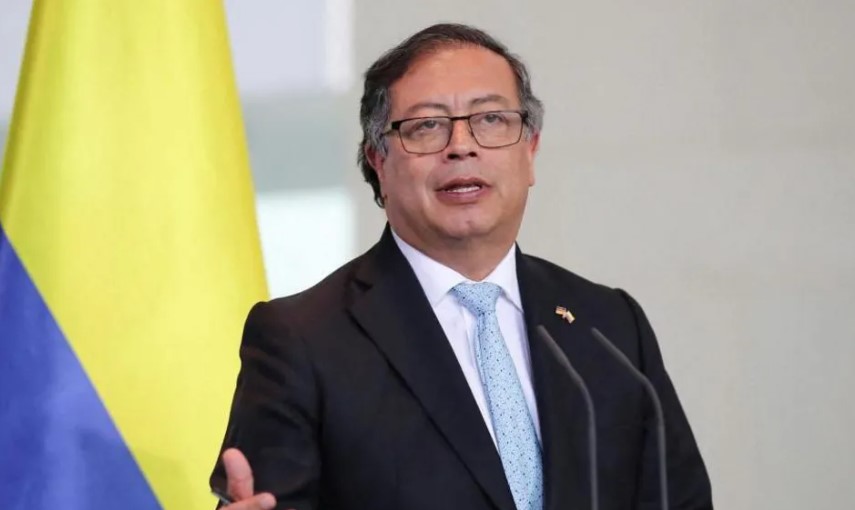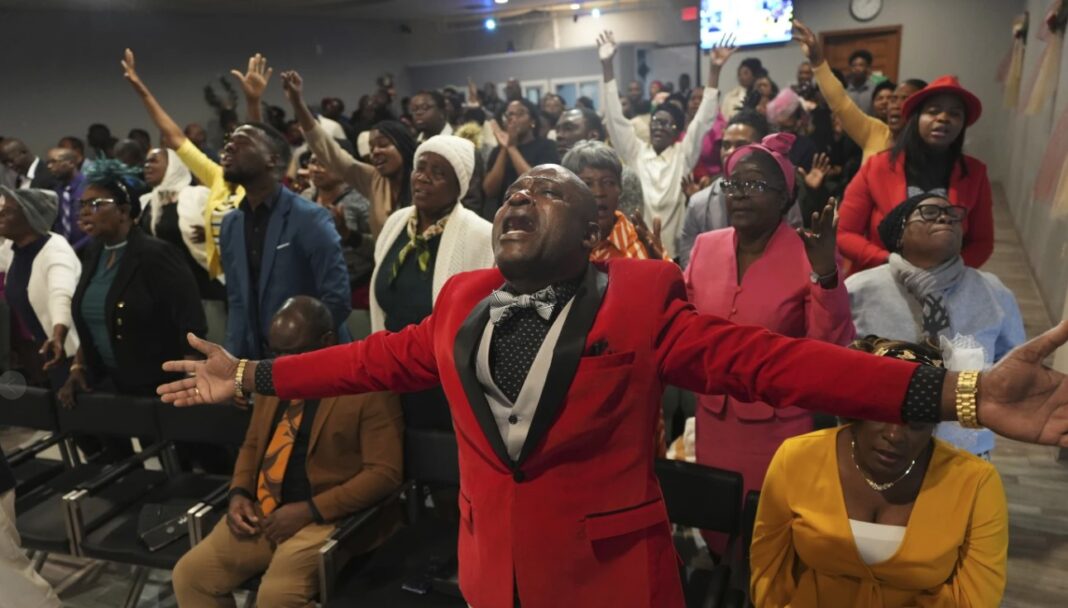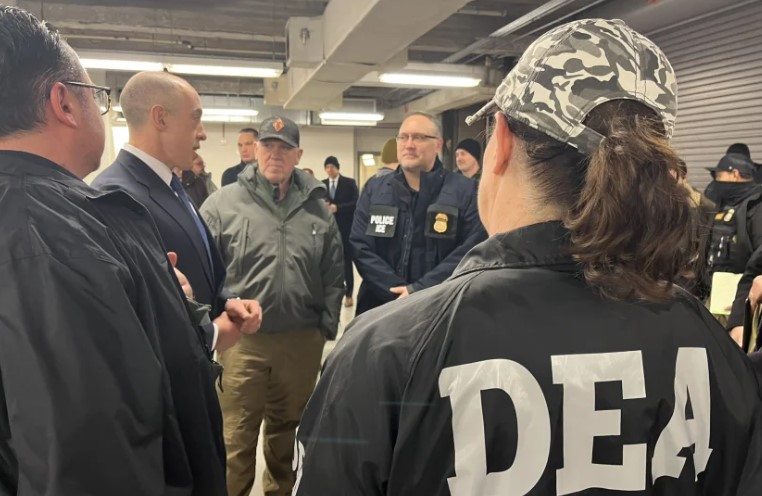US President Donald Trump announced plans to impose a 25% tariff on all goods from Colombia after its president, Gustavo Petro, refused to allow two US military planes carrying deported migrants to land in the country. Trump stated the tariffs would increase to 50% within a week.
In response, Colombian President Petro announced retaliatory tariffs of 25% on US goods. Petro explained his decision to deny entry to US military flights, emphasizing the importance of treating deported migrants with dignity. He proposed using civilian planes to ensure the respectful return of Colombian citizens.
The US had planned to send two military planes from San Diego with deported migrants, but the plans were canceled due to the dispute. Trump, in a statement on TruthSocial, announced additional sanctions, including travel bans, visa cancellations for Colombian officials, and enhanced inspections of Colombian cargo and nationals on security grounds. He vowed to take further measures if needed.
Petro responded on social media, celebrating Colombia’s resilience and heritage. He also criticized Trump’s policies, accusing him of disrespecting Colombians and prioritizing greed over humanity. Petro further noted that over 15,000 Americans were residing illegally in Colombia, stating he would never conduct raids to deport them.
Trump’s administration has highlighted the importance of controlling migration through cooperation with other nations. However, this trade dispute with Colombia, a key partner in the region, could complicate efforts to manage migration routes. Every year, tens of thousands of migrants travel through South America, often through Colombia, to reach the US, typically with the help of criminal gangs.
The US imports significant amounts of coffee, bananas, avocados, and flowers from Colombia, accounting for billions of dollars annually. The new tariffs could make these goods more expensive for US consumers and force businesses to seek alternatives, impacting Colombia’s economy.
Trump’s administration has intensified its stance on immigration, with recent policies including mass deportations, stricter border enforcement, and expanded powers for immigration officials. On a single day, Immigration and Customs Enforcement (ICE) reported over 500 arrests.
While tensions between Trump and Petro escalate, this trade and diplomatic fallout could have lasting implications. Both nations face challenges in managing migration, trade relations, and regional stability. The world watches closely as the two leaders continue their war of words and policies.


